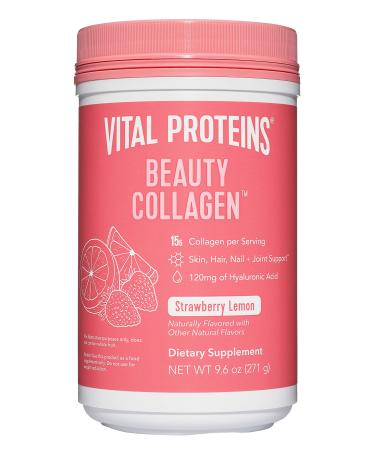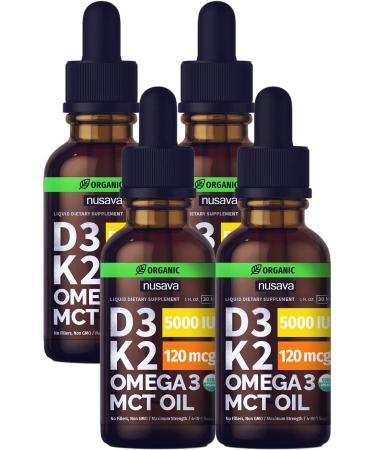Coenzyme Q10 is a vitamin-like nutrient that is vital for cellular energy production. CoQ10 is used in the electron transport chain of mitochondria, the power generators of cells. This activity leads to the production of ATP, the major form of cellular energy which is necessary for many functions including muscular activity. CoQ10 also plays a role in health as a versatile antioxidant, stabilizing cell membranes (helping to protect them from free radical damage) and contributing to their fluidity.
Magnesium is an essential dietary mineral that is involved in many vital functions. Magnesium helps the body regulate proper fluid balance as an electrolyte. It also plays a vital role in the production of ATP, as well production of energy through glycolysis. One third of the body's magnesium content is located in skeletal muscle, there it can quickly be utilized to aid in muscle contractions.
L-Carnitine is an amino acid that may be synthesized in the body, using the amino acids lysine and methionine as precursors. L-Carnitine helps shuttle fatty acids into the mitochondria of cells to produce energy. L-Carnitine is largely stored (98% of the body's total content) in skeletal muscle to quickly aid in the production of energy. Carnitine is found in the mitochondria, as it plays a rate-limiting role in Beta oxidation. Fumarate in this form of L-Carnitine also serves as an intermediate in the Krebs cycle, a key cellular energy-producing process.
Together CoQ10 and L-Carnitine are key nutrients necessary to produce cellular energy maintaining an adequate nutritional support level for the cardiovascular system. Coq10 and L-Carnitine play roles in mitochondrial function but together they have a synergistic function in both mitochondrial energy production and antioxidant protection from peroxidation of oxygen reactive species created during the energy production.
CoQ10 Helps Support Energy - CoQ10 can preserve energy turnover in our mitochondria by keeping ATP synthesis at optimal levels. Skeletal and heart muscles use up large amounts of ATP during activity. The energy required for a muscle contraction is released when one of ATP's phosphate bonds is broken, in a reaction that produces ADP. Phosphate is added back to ADP, re-forming ATP. CoQ10 supplementation acts to aid in this process by preserving energy turnover in mitochondria, keeping ATP synthesis at optimal levels.
Maintenance of normal energy utilization and supply is crucial for maintaining the cell's ideal biochemical state. CoQ10 deficiency may impair mitochondrial energy production and increase production of reactive oxygen species because of its key roles as an electron carrier in mitochondrial bioenergetics and as a lipophilic antioxidant. Studies have suggested CoQ10 supplementation may aid energy turnover (considered an influencing factor of physical performance).
CoQ10 Helps Reduce Muscular Fatigue* - CoQ10 has also demonstrated an ability to increase PGC-1α levels. An increase PGC-1α activity has been shown to reduce muscular fatigue and increase mitochondrial energy output by stimulating mitochondrial biogenesis and may even influence muscle fiber composition (towards oxidative mitochondrial-dense type I muscle fiber).19,20 PGC-1α levels decrease with age, this is believed to result in a loss of muscular efficiency. This suggests CoQ10 supplementation may combat this degradation of muscular function.
Magnesium Helps Provide Energy and Prevent Loss of Muscle Mass* - Magnesium is required for all reactions involving ATP. ATP also powers the cellular calcium pump, which allows muscle cells to relax. Because it participates in these ATP-controlled processes, magnesium is vitally important for muscle contraction and relaxation. By controlling the flow of sodium, potassium and calcium in and out of cells, magnesium regulates the function of nerves, as well as muscles.
Magnesium could play a role in prevention of age-related loss of skeletal muscle mass, power, and strength directly through physiological mechanisms or indirectly through an impact on chronic low-grade inflammation. A cross-sectional study of 2570 women age 18-79 years examined associations between Mg intake and muscle mass, leg explosive power (LEP), and grip strength. Significant, positive associations were found between higher Mg and indices of skeletal muscle mass and LEP. The results suggest that dietary magnesium may aid conservation of age-related loss of skeletal muscle mass and power in women of all ages.
L-Carnitine Helps Promote Energy and Helps Increase Mitochondrial Biogenesis* - L-Carnitine promotes energy production in cells by transporting fatty acids into the mitochondrion. Its primary function is to transfer long-chain fatty acids across the inner mitochondrial membrane so they can be oxidized to produce energy in the form of ATP. Fatty acid molecules are activated to coenzyme A (CoA) esters in the cytoplasm of the cell, and then esterified to L-Carnitine. L-Carnitine plays a crucial role in energy production in the myocardium as it transports free fatty acids into mitochondria for ATP production in the heart muscle. L-Carnitine is also involved in the removal of toxic compounds generated out of the
mitochondria to prevent their accumulation. Given these key functions, L-Carnitine is found highly concentrated in skeletal and cardiac muscles that utilize fatty acids as a dietary fuel for energy.
L-Carnitine has demonstrated an ability to increase mitochondrial biogenesis, as well as mitochondrial size and density. L-Carnitine may also lessen the rate of demise for mitochondria after exercise. The net effect is a significant increase in mitochondrial activity.
For more product information on DRB-00477 CoQ10, L-Carnitine, and Magnesium please see Doctor's Best website.
*These statements have not been evaluated by the Food and Drug Administration. This product is not intended to diagnose, treat, cure or prevent any disease.




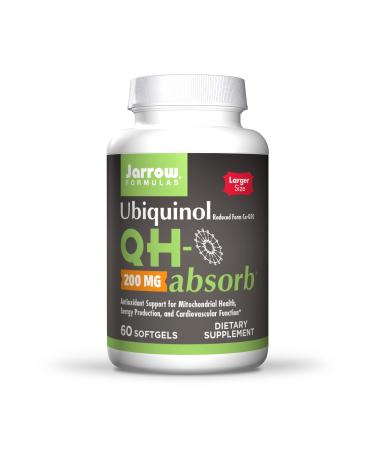
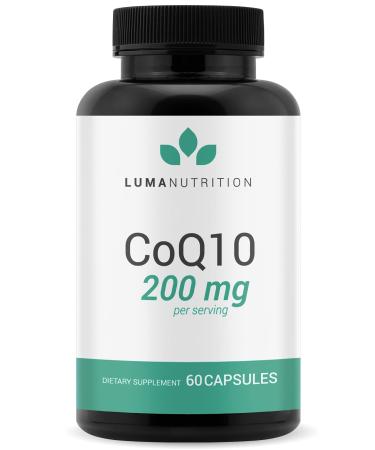
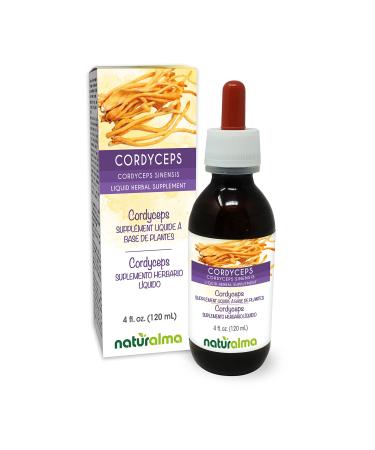
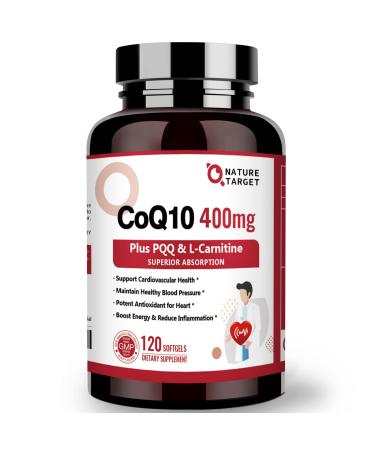
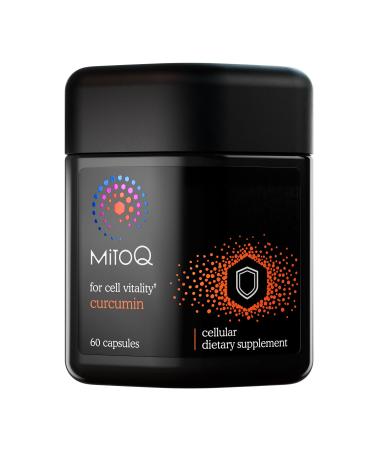


![Stewart Freeze Dried Dog Treats Made in USA [Single Ingredient Puppy and Dog Training Treats - Grain Free Natural Dog Treats] Resealable Tub to Preserve Freshness](https://www.gosupps.com/media/catalog/product/cache/25/small_image/375x450/9df78eab33525d08d6e5fb8d27136e95/6/1/61gwbbixarl._ac_sl1500_.jpg)

